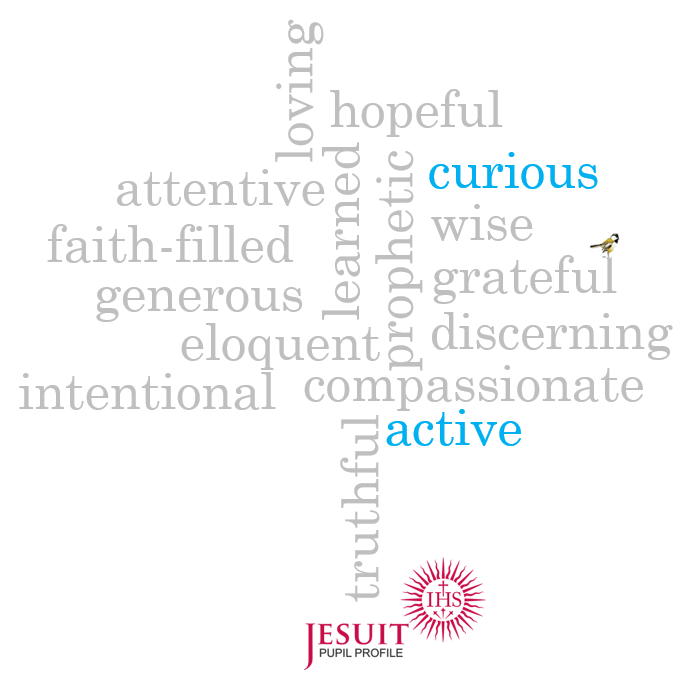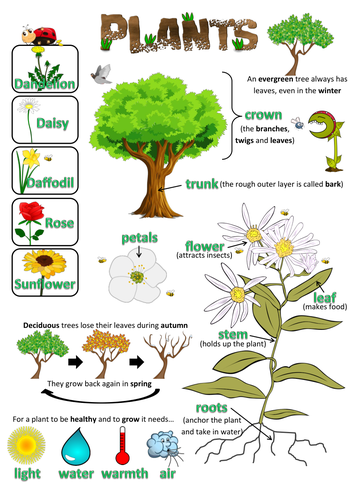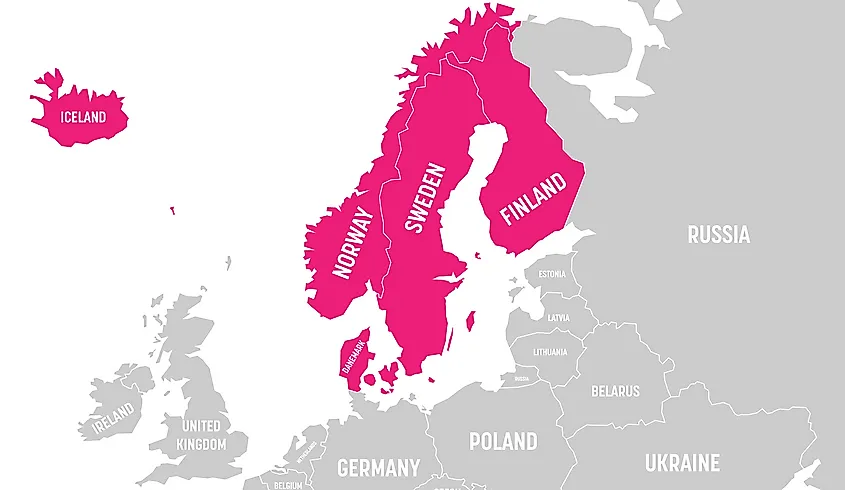Welcome to our Year 2 page!
Meet the team:
Miss Wiggins - Class Teacher
Miss Horseley- Learning Support Assistant
Mrs Beardmore - Learning Support Assistant
Our Class saint:
St Teresa of Calcutta
She was educated at the nearby convent school and she went on a trip to the Church of the Black Madonna in Letnice when she was 12. Later she became a nun, travelling to Dublin, Ireland, to join the Sisters of Loreto. She became known as Sister Mary Teresa.
Her novitiate period began in Darjeeling, India. She was sent on to Saint Mary's High School for Girls, in Kolkata, where she taught girls from the city’s poorest families. Since she would be based in India, she learned to speak the local languages fluently.When she took her final vows to live a life of poverty, chastity and obedience, she became known as ‘Mother’ as was usual with the Loreto order. She rose to become the Principal of the school in 1944. Her idea was to remove poverty from the students’ lives through education.
She convinced the city to donate an abandoned building, and there she set about creating a home for the city’s destitute. She also set up an open-air school under her new congregation, the Missionaries of Charity. Her work expanded visibly and she became known for her stellar work.
She established a leper colony, an orphanage, a nursing home, a family clinic and mobile health clinics in the city. Her efforts at providing effective care for the poor and unwanted garnered attention from Pope Paul VI, who conferred the Decree of Praise upon the Missionaries of Charity. In 1979, she was awarded the Nobel Peace Prize for her outstanding efforts to alleviate human suffering.
Quote:
“Spread love everywhere you go. Let no one ever come to you without leaving happier.”
This half term, we are focusing on the virtues of Curious and Active. 

Catholic Social Teaching: Options for the Poor and Vulnerable
Galatians 5:13: “You, my brothers and sisters, were called to be free. But do not use your freedom to indulge the flesh; rather, serve one another humbly in love.”
Spring 1 - RE
Christmas - This unit is designed to develop the children’s knowledge and understanding of the story of Christmas, the build up to the louds coming and of the symbols the Church uses to celebrate the Season.
What do the children need to bring to school every day?
- Reading book and diary - Reading books will be changed every Wednesday.
- Water bottle containing only water (We have lots of filling stations in school.)
- A proper coat (not a hoodie)
PE
PE is on a Thursday.
The children are to come to school every Thursday in a school PE kit instead of their usual school uniform.
They must be in the correct PE kit. They need to wear:
- Navy blue sweater or St. Paul’s sweatshirt (no hoodies)
- White polo shirt or crew neck t-shirt
- Navy or black joggers
- Trainers
Forest School - Is dates are to be confirmed.
Reading
The Year 2 curriculum in focused on building the children’s stamina, fluency and expression and developing the children’s understanding of what they are reading. They must be able to talk about the book that they reading confidently and answer questions referring back to the text to help them.
The children need to read at home every day and need to increase the amount that they can read in one go.
In school, we will hear every child read his/her reading book as often as we can each week. We will check for fluency and expression and ask questions to make sure that he/she understands the text. We will change books as soon as it is finished and we are happy with the reading and understanding.
The children also do:
- Guided Reading
- Modelled and Shared Reading
- Reading Aloud (story time)
- Independent Reading for Pleasure

Spelling
One of the main aims of Year 2 is to teach the children to be accurate spellers.
In Reception and Year 1, the children sound out the words that they want to write and as long as they write the correct sounds, it doesn’t matter if the graphemes aren’t correct.
However, as the children begin to learn alternative graphemes used to spell words, they are expected to try out such graphemes and decide which best fits the word they are writing. Therefore, their spelling should become more accurate throughout the year.

Homework
Spellings - Weekly Journals – There is a spelling test every Friday.
Reading Book- Daily and comment in diary.
English
This half term, children will be narrative writing. We aim to write creative stories that aim to entertain the reader! Children will be encouraged to use a range of adjectives, adverbs, coordinating conjunctions (and, but, or) and subordinating conjunctions (when, if, that, because) in their writing.
Maths
Money
Children will learn about the different coins and notes. They learn to identify and use symbols for pounds (£) and pence (p), which is crucial for
everyday transactions. Engaging with money through activities and games helps children build confidence and familiarity with the concept of money.
Multiplication and Division
Children will make the connection between repeated addition and multiplication. In this small step, they start to make this connection by recognising equal groups. It is important that children explore both equal and unequal groups, so that they are able to identify when groups are or are not equal and explain why. Later in the block children will learn to confidently use multiplication and division symbols.
Science - Plants

KNOWLEDGE BASED CURRICULUM
Our knowledge based curriculum will ensure that all of our children have strong foundations in every subject throughout the year at varying times.
Geography
We are going to learn about Northern Europe. We will locate the countries in Northern Europe, explore the climate and learn about the physical and human features.


Art
Children will explore using a range of materials creatively to design and make products to further develop a wide range of techniques in using colour, shape and texture. They will do this by first experiencing and exploring the work of Matisse and later comparing their own work to his.
If you have any questions or if there is anything that I can help you with, please speak to me at the end of the day.
Miss Wiggins







